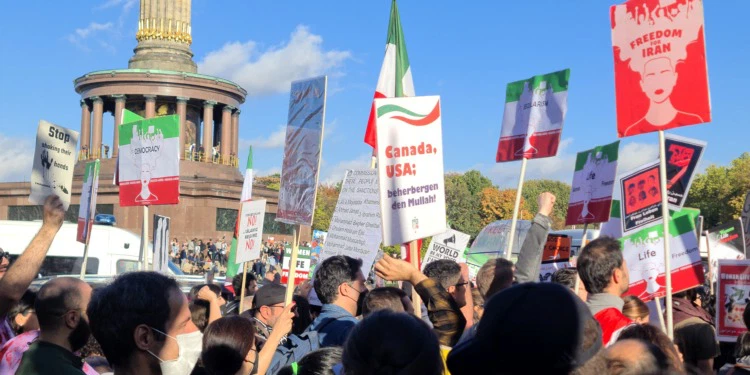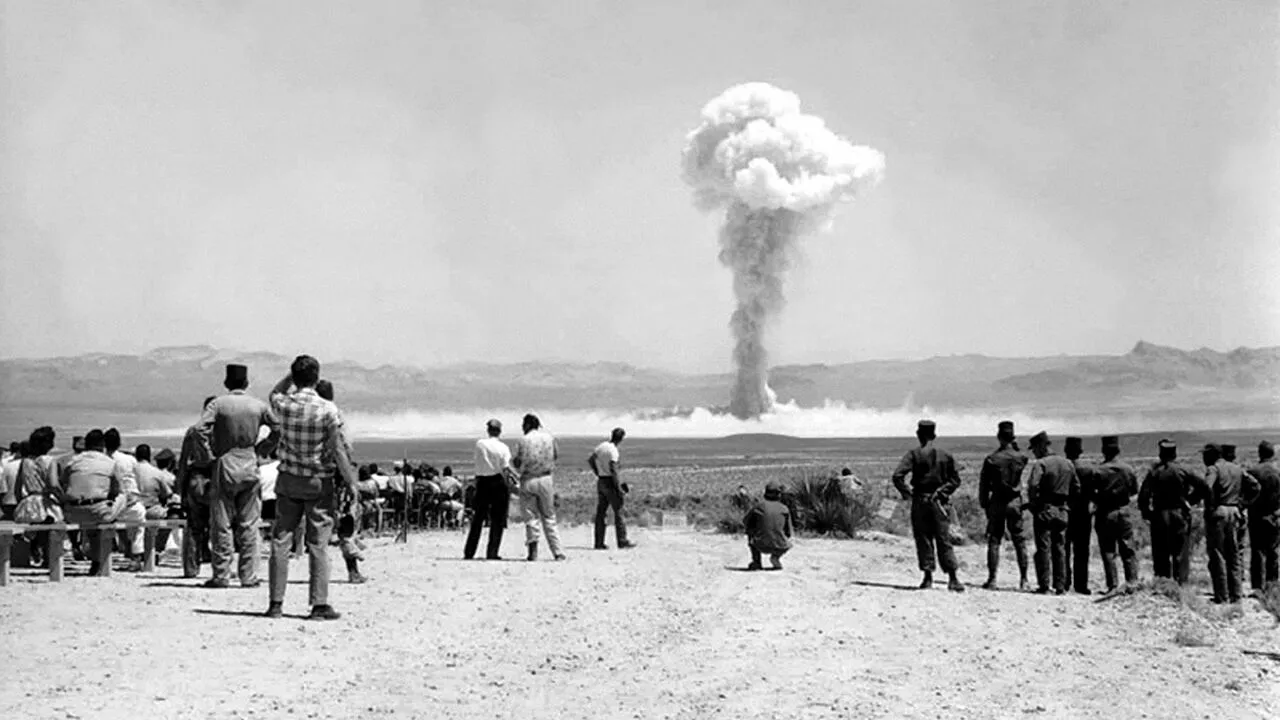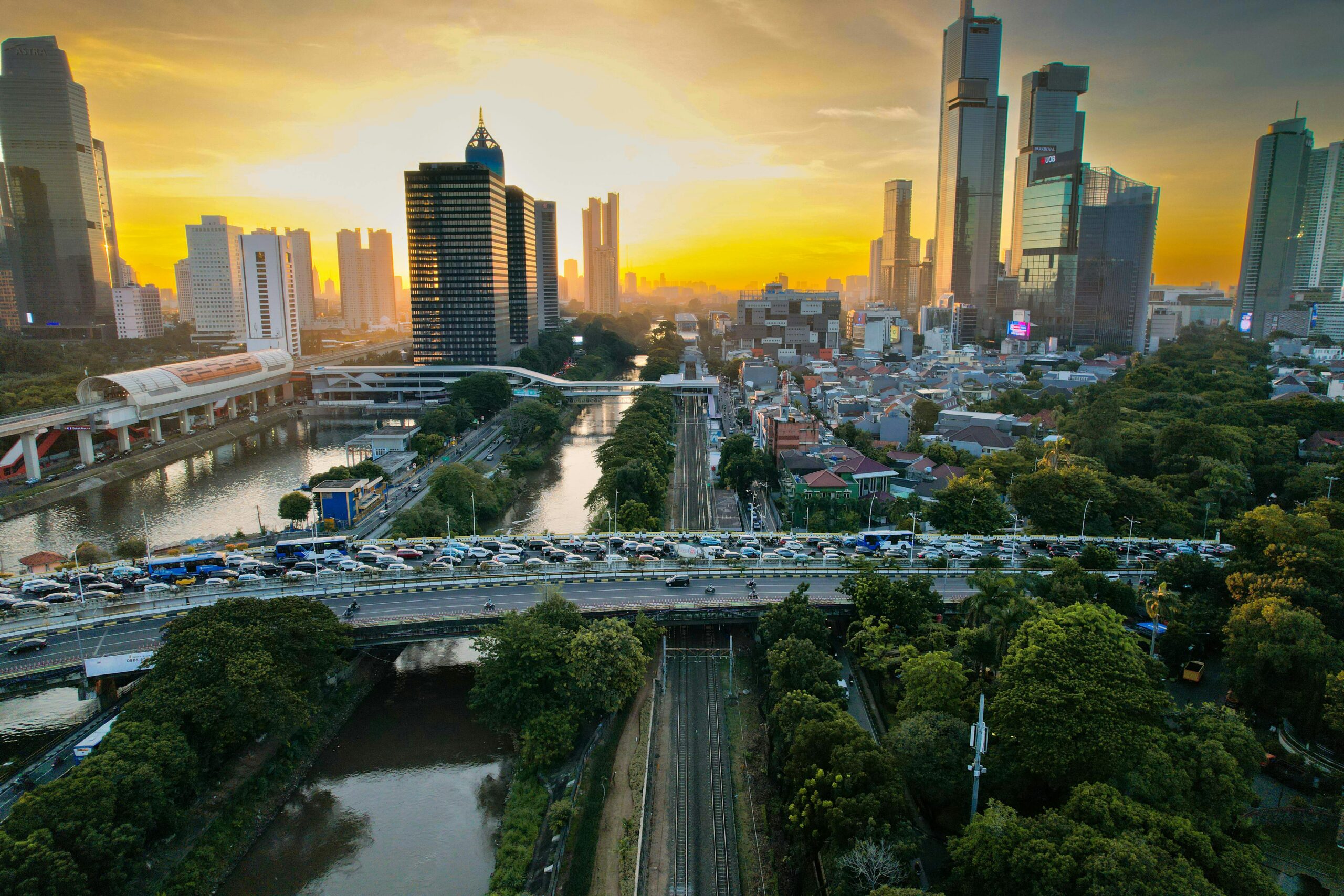South Korea’s recent political crisis, culminating in the impeachment of President Yoon Suk-yeol and an early presidential election, has exposed deep and persistent societal divisions. As a new administration takes office, the country faces a critical choice between democratic reconciliation and further polarisation.
The last several months have marked a historic moment for South Korean politics. Since Yoon Suk-yeol’s failed attempt to declare martial law last December—which collapsed within a few hours—and the subsequent period of deliberation, the country has become deeply divided between conservatives and liberals. In April, the president’s impeachment was upheld unanimously by the Constitutional Court. In accordance with the the Constitution, which states that a presidential election shall be held within 60 days of an impeachment, an early election was held on 3 June. Lee Jae-myung, from the opposing liberal party, the Democratic Party of Korea, was elected and inaugurated the very next day. Today, after seemingly settling such turmoil, the question that remains is if the early election and the new administration will lead to a viable path for addressing the country’s protracted tensions.
Deepened divides during the political turmoil
According to a survey on political polarisation conducted during the turmoil, antipathy toward the opposing party was extremely high among supporters of both the conservative People Power Party and the liberal Democratic Party of Korea—at 93.5 percent and 94.6 percent respectively. Demonstrations and occupations caused disruptions in some public spaces, and both sides expressed uncompromising views. During the months of deliberation before the impeachment decision was announced, both conservative and liberal sides adopted diagnostic and prognostic framing strategies that depicted the opposing side as an existential threat to be eliminated. Right-wing, pro-Yoon supporters framed their in-group as patriots and advocates of liberal democracy, whereas they portrayed the left-wing group as communists. Conversely, the liberal side framed the call for Yoon’s impeachment as reasonable and rooted in the rule of law, while portraying conservatives as irrational and unwilling to communicate.
While physical violence has not yet become widespread, the rise of aggressive narratives signals a potentially alarming trend from the aspect of intrastate conflict. In January, dozens of Yoon’s supporters became enraged after the Seoul Western District Court issued an arrest warrant for him, leading to collective violent behaviors, including property destruction and intrusion into the court building. Even after the ruling, Yoon’s supporters continued to claim that state institutions were politically corrupt and vowed to sustain their resistance, highlighting the intensity of the country’s intractable polarisation. Some factions of radicalised right-wing supporters demonstrated a willingness to undermine the core constitutional principle of the rule of law, often fuelled by the fraud election theory.
Deepened political division has been clearly visible not only in physical public spaces but also in media and online spaces. Online spaces have become arenas for motivational framing, where opposing sides mobilise support and seek broader sympathy. Politically outspoken users have actively bridged online and offline spheres by livestreaming protests and mobilising collective action against perceived “otherness.” As a result, a simultaneous conceptual shift toward a more escalatory phase of conflict has taken shape online—both as a cause and a reflection of this phenomenon. During the election campaign period, derogatory comments in media outlets and on social media, which presented hate rather than logic-based political opinions, were prevalent.
Distinctive roots of political divides
The phenomenon of political divides in South Korea is quite unique in that its root causes and driving factors are distinct from those in other countries also grappling with deep political division. In South Korea, the divide has arisen less from a single cleavage based on identity politics, such as race, ethnicity, or religion, and more from a complex interplay of historical and socio-cultural contradictions. Compared to the United States or Europe, immigration is not a pivotal flashpoint. One contributing factor may be the incompatibility of social and historical interpretations. In particular, during Yoon Suk-yeol’s presidency, the New Right movement, a network of neo-conservative revisionists, became increasingly prominent as New Right-oriented figures assumed key positions in the government and its affiliated agencies. Divergent views and debates about colonisation, the Korean War, inter-Korean relations, and economic growth under authoritarian regimes have deepened political fault lines.
Among possibly diverse root causes, another notable factor is gender politics. The gender divide—fuelled by misogyny and misandry—adds another layer to South Korea’s already complex political divisions. Men and women, particularly the younger generations, frequently encounter hatred towards the opposite gender both online and in daily life, and support for political parties tends to reflect this gender polarisation as well. Gender equality and feminist discourses are often denounced by young men as reverse discrimination and the marginalisation of men, which motivates them to gravitate toward conservative politics and Yoon’s reinstatement. Their antagonism stems not merely from emotional impulses, but more deeply from economic and social grievances, which lead them to frame the other gender as the root cause of their perceived inequality. During the presidential campaign periods the past and present behaviors and statements of the candidates themselves, and even those of their family members regarding the other gender, have fuelled antipathy and heated outcry toward the targeted candidates, further deepening political division.
Critical junctures between further division and reconciliation
The antagonistic framing, hate speech, and occasionally observed aggressive behaviors that swept the country during the last few months of turmoil suggest that Korean society is susceptible to a shift from polarisation to more violent and destructive forms of collective action. Although the recent presidential election was held, it remains questionable to affirm that the protracted political divides have been resolved with the new administration. For Korean politics, the recent election is not merely a matter of electoral victory but a critical juncture before escalation into heightened instability. In this regard, it is high time to make more explicit efforts, potentially by institutionalising dialogue and interest coordination. Not merely as symbolic platforms, but as substantive mechanisms, cross-party reconciliation task forces and intersocietal dialogue channels may be institutional options for de-escalation at both the state apparatus and societal levels.
Dr Seohee Kwak is a lecturer at the Faculty of Social and Behavioural Sciences at Leiden University in the Netherlands. Her academic interests include contentious politics, intra- and interstate conflict, state repression, and democratic and authoritarian governance, with a geographic focus on East Asia.
This article is published under a Creative Commons License and may be republished with attribution.





